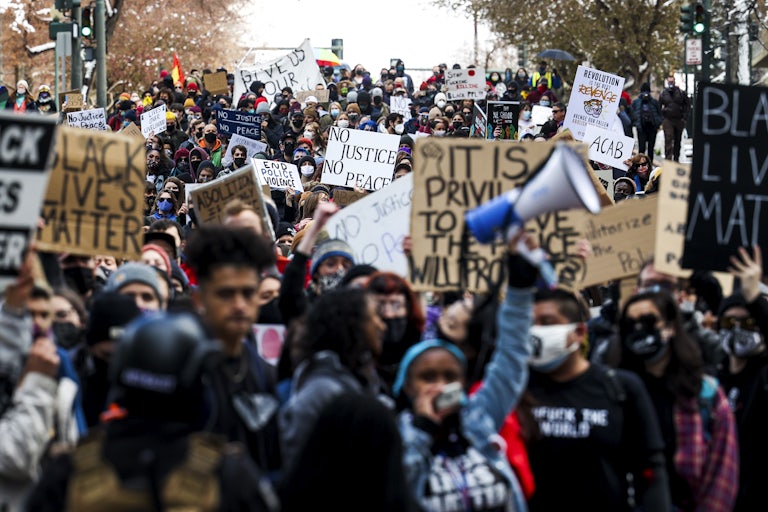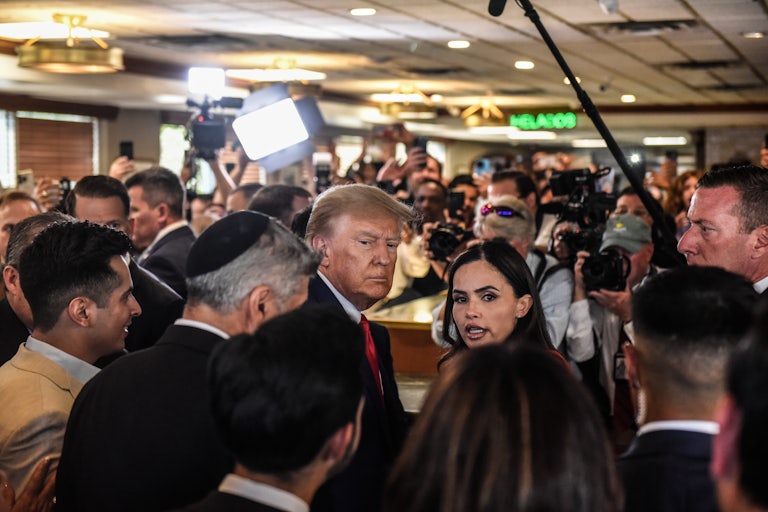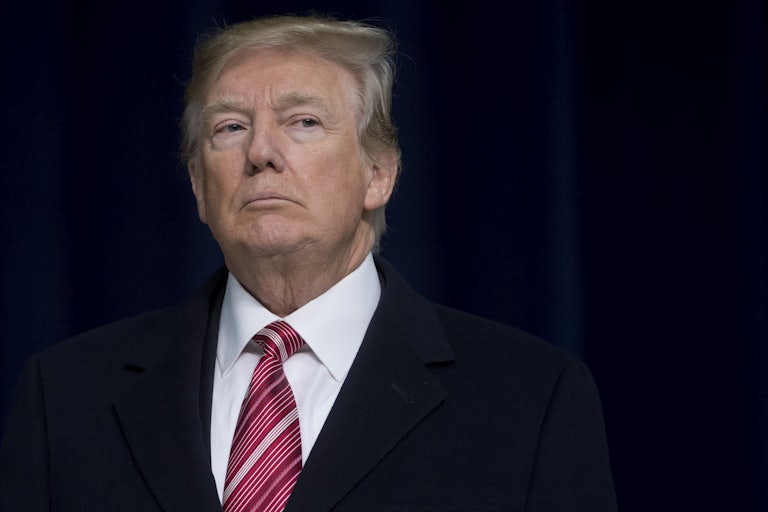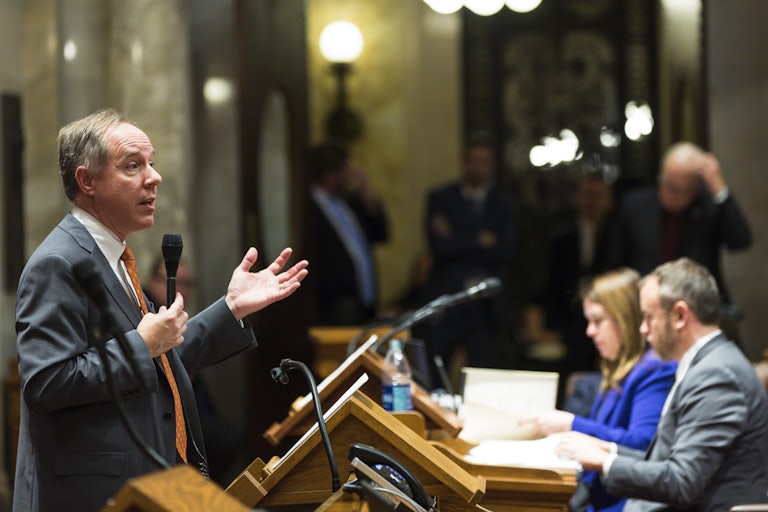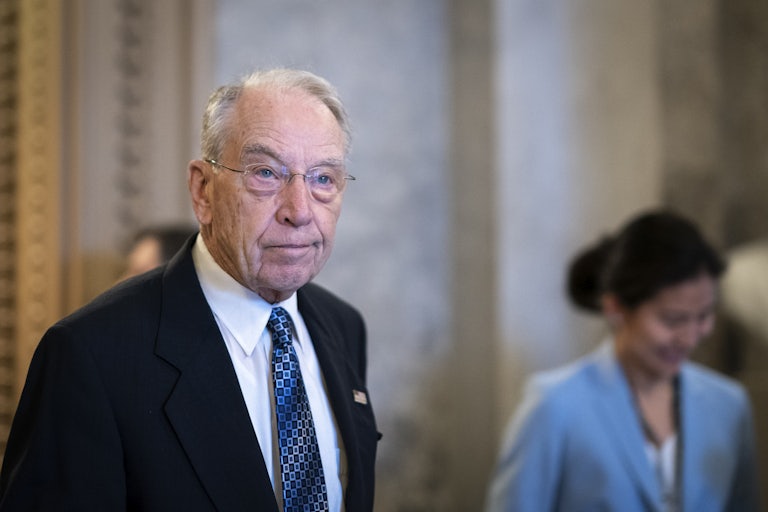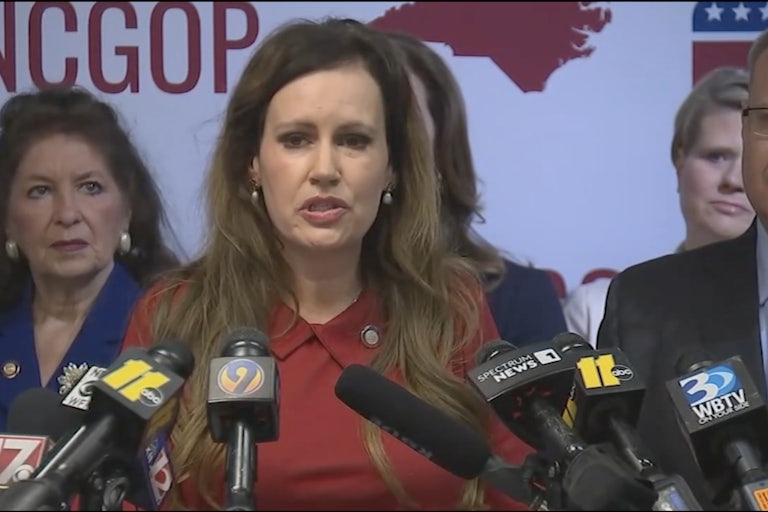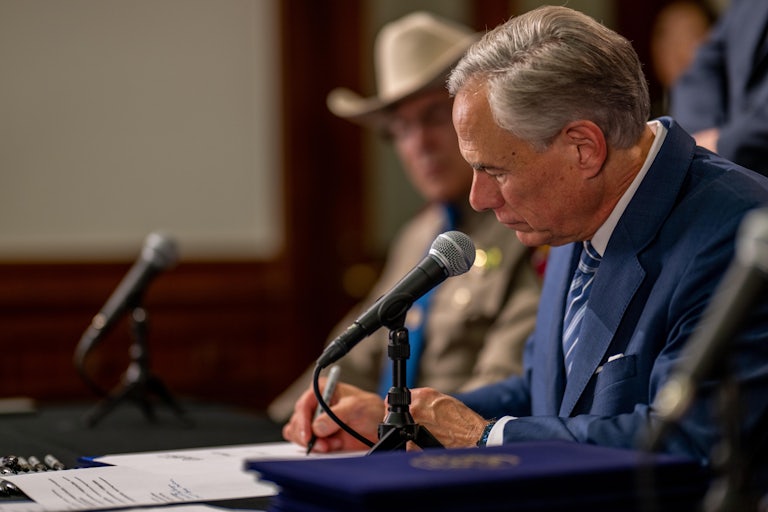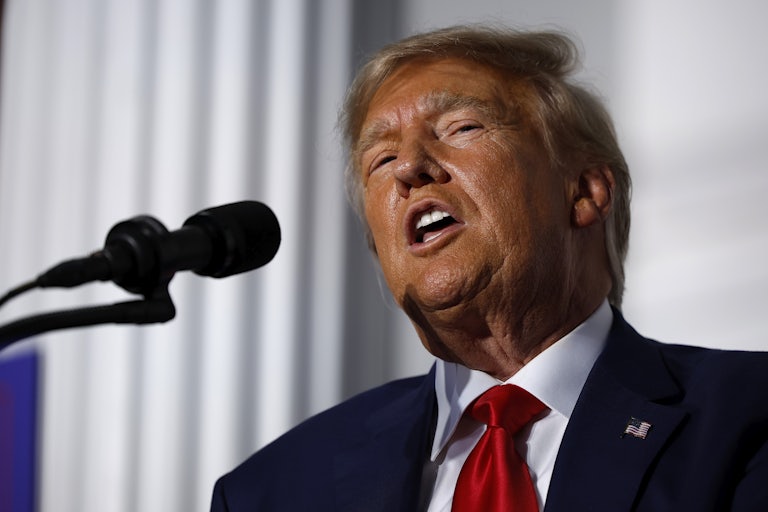Donald Trump’s Legal Woes Keep Growing
Another attorney has withdrawn from yet another case, this time citing “irreconcilable differences.”
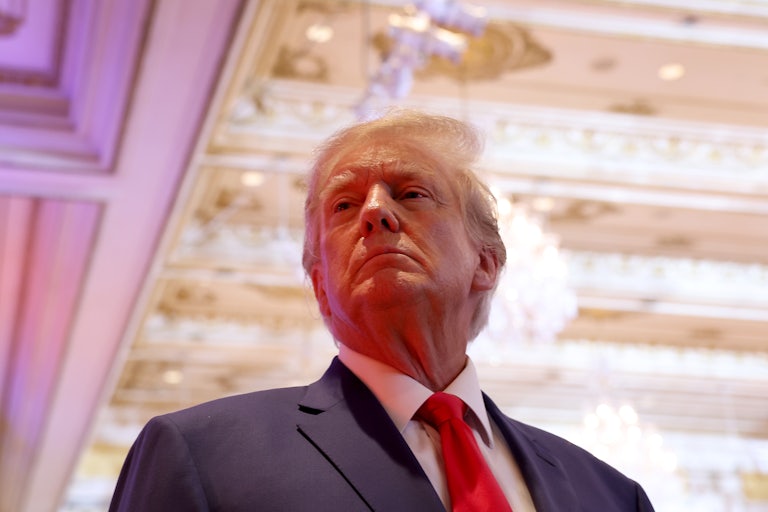
Donald Trump is facing a growing pile of lawsuits with a rapidly shrinking legal team.
On Friday, lawyer Jim Trusty withdrew from the former president’s lawsuit against CNN, citing “irreconcilable differences.” Trump sued CNN in October for defamation and is seeking $475 million in damages. That lawsuit accuses the network of trying to “sabotage” his political career by focusing on his numerous lies and misstatements about the legitimacy of the 2020 election.
Just last week, Trusty left the legal team representing Trump for charges of mishandling classified documents and making false statements to federal officials. Trump announced he was switching up his defense squad just hours after Trusty vehemently defended him on CNN.
But there was already trouble among Trump’s legal staff, who reportedly had so much internal conflict that it was hindering their ability to defend the former president in the classified documents case. Trusty and lawyer Jim Parlatore, who quit Trump’s team in May, took particular issue with Trump’s senior adviser and in-house counsel, Boris Epshteyn, The Guardian reported.
Trusty and Parlatore disliked Epshteyn so much that they began withholding information from him. Trusty also chafed at having to run all of his decisions by Epshteyn first. He felt Epshteyn was not a trial lawyer and focused too much on Trump’s P.R. issues, not legal ones.
Things got so bad that Trusty and Parlatore began withholding information from another Trump lawyer, Evan Corcoran, because they worried he would brief Epshteyn without their knowledge. But that hobbled the team’s ability to build a defense, as the different factions had no clue what the others were doing.
Trump was charged with a total of 37 counts for keeping national defense information without authorization, making false statements, and conspiring to obstruct justice. A different Trump lawyer, Christopher Kise, attempted to convince Trump to return the documents he had taken from the White House and reach a settlement with the Department of Justice but was rebuffed by more “pugilistic” members of Trump’s team, per a Thursday Washington Post report. Trump is also under investigation in both Washington, D.C., and Georgia for his alleged role in trying to overturn the results of the 2020 presidential election.
Beyond that, Trump has recently been charged with 34 counts of business fraud in New York relating to hush-money payments made during the 2016 election, found liable for sexual abuse and defamation, and sued for defamation twice. He needs all the legal help he can get, but he’s running out of options.
